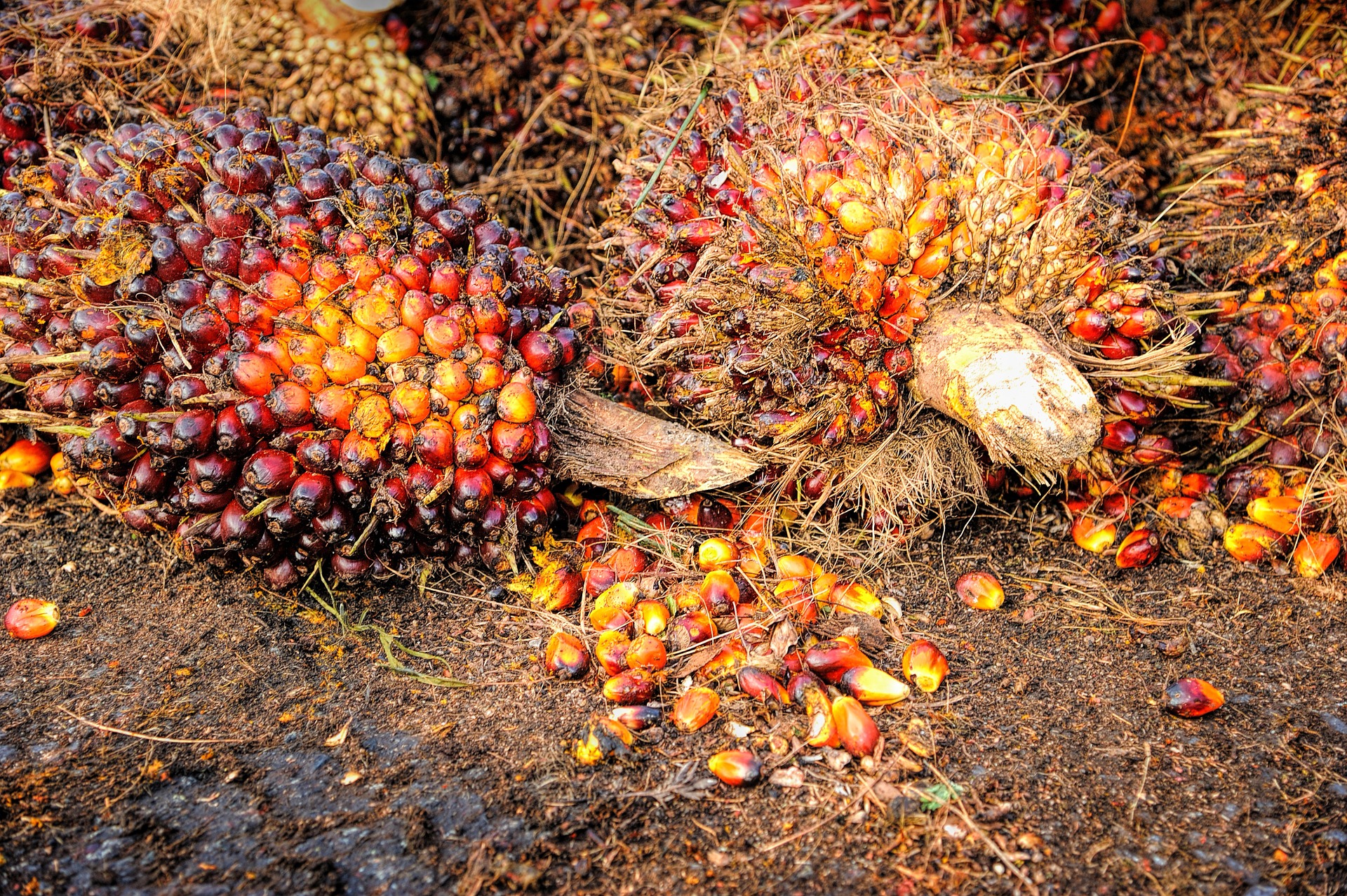SINGAPORE, May 3 (NNN-CNA) — Malaysian Primary Industries Minister Teresa Kok has accused the Singapore Zoo of putting up displays that shed a negative light on palm oil and called for countries in Southeast Asia to present a united front in supporting the industry.
When delivering her keynote address at the Singapore Dialogue on Sustainable World Resources, Kok noted that the zoo’s displays at its orangutan enclosure had damaged the image of palm oil producing countries in the region “despite progressive efforts towards sustainability and wildlife conservation”.
“In this case, Singapore Zoo acted possibly in haste and (was) reflecting emotions expressed by some ill-informed visitors,” she added.
In an immediate response to Kok’s comments, Wildlife Reserves Singapore (WRS), which operates Singapore Zoo, said it advocates sustainably produced palm oil, adding that boycotting the industry is not effective.

In her speech, Ms Kok highlighted that Malaysia’s palm oil industry has contributed funds to wildlife conservation in Sabah to protect iconic species such as the orangutan, Borneo pygmy elephant and the sun bear.
She said the curators at the Singapore Zoo should take note of such efforts. “We plan to do far more in Sarawak and in peninsula Malaysia, these are part of our ongoing effort towards sustainable production systems,” she added.
Kok also called for Association of Southeast Asian Nations (ASEAN) countries to show solidarity and “be supportive of one another”, especially on presenting facts on palm oil.
“If the EU (European Union) countries can stand united on assumptions of unsustainable production and consumption of palm oil … we as ASEAN should stand tall to fight against those who are unfair and have discriminatory judgments,” she said.
Malaysia is the world’s second biggest palm oil producer after Indonesia, and it relies on the crop for billions of dollars in foreign exchange earnings and hundreds of thousands of jobs.
In March, Malaysian Prime Minister Mahathir Mohamad said the EU risked opening up a trade war with Malaysia over its “grossly unfair” policies aimed at reducing the use of palm oil.
The comments came after the European Commission concluded that palm oil cultivation results in excessive deforestation and its use in transport fuel should be phased out by 2030.
Dr Mahathir had said that the EU’s increasingly hostile attitude towards palm oil was an attempt to protect alternatives that Europe produced itself, like rapeseed oil.
In Beijing last week, Dr Mahathir witnessed the signing of a deal for China to buy additional 1.9 million tonnes of palm oil from Malaysia over the next five years. — NNN-CNA





